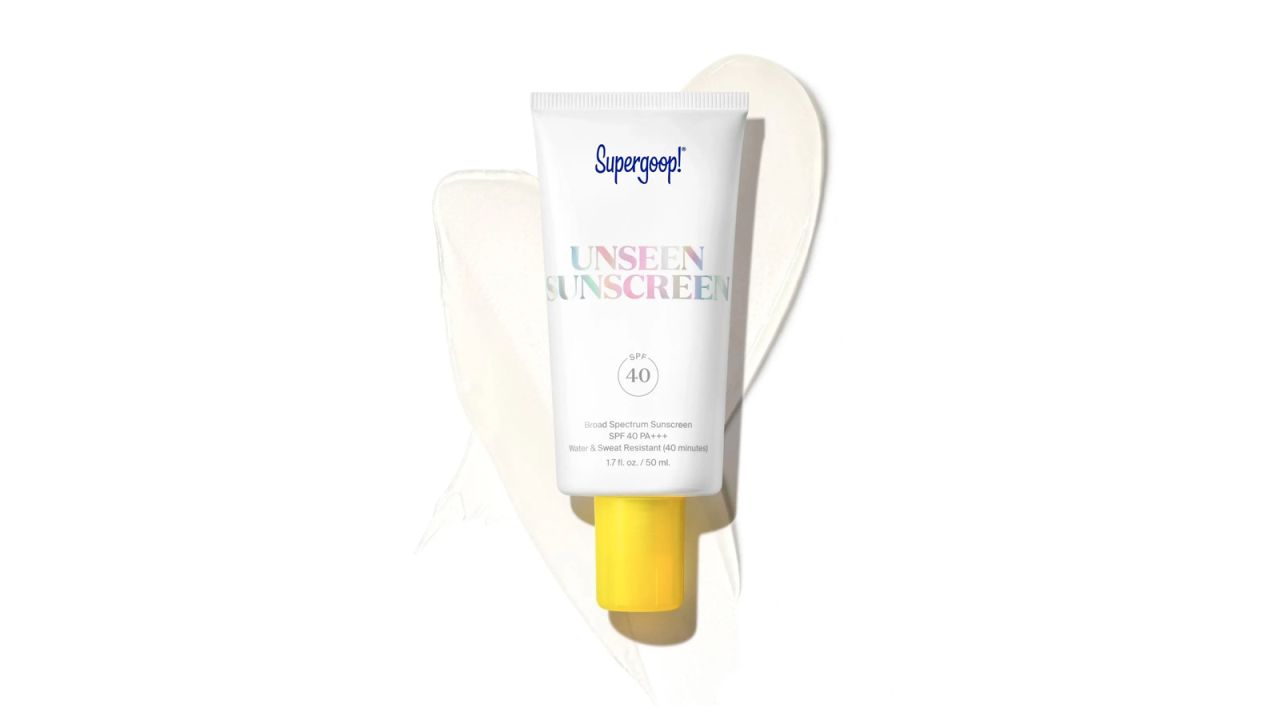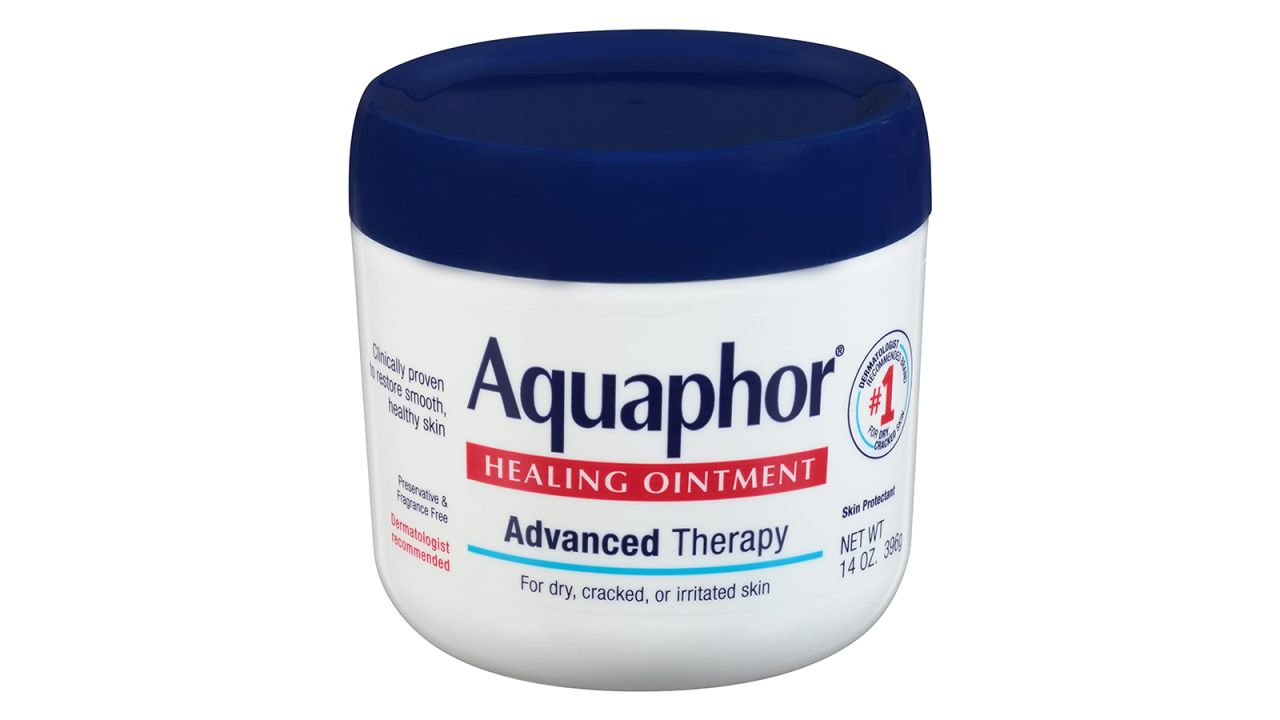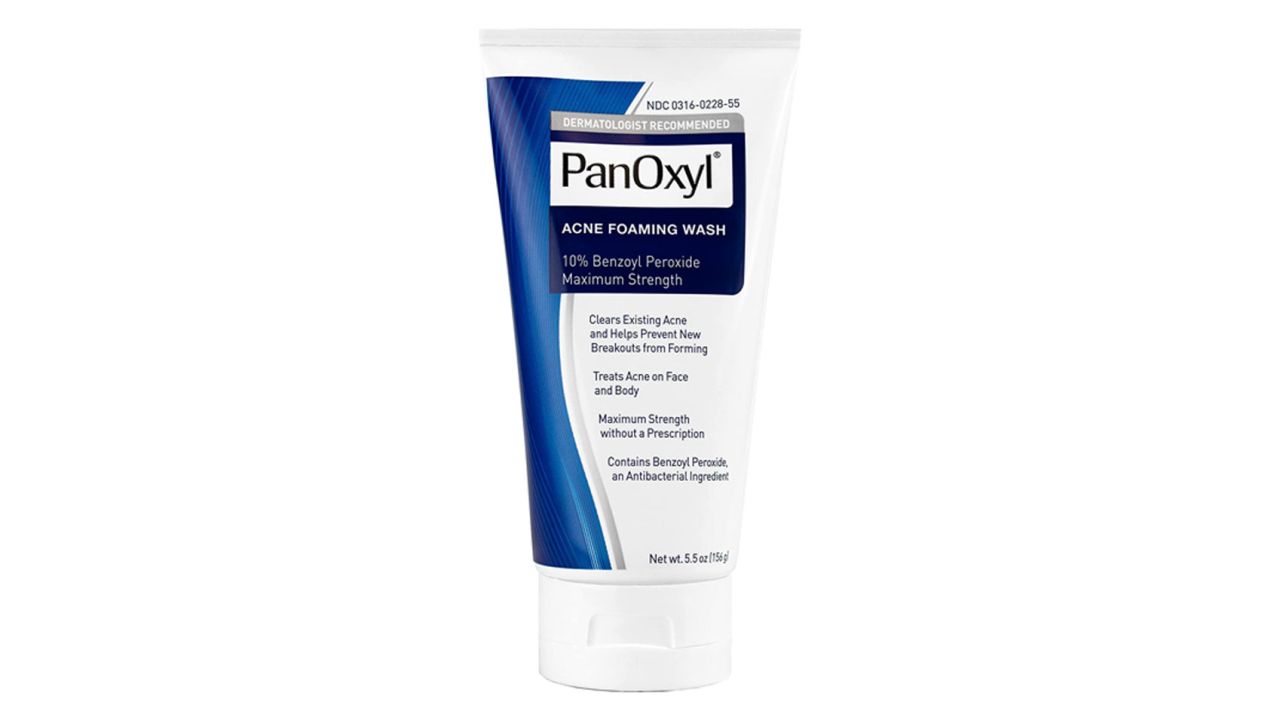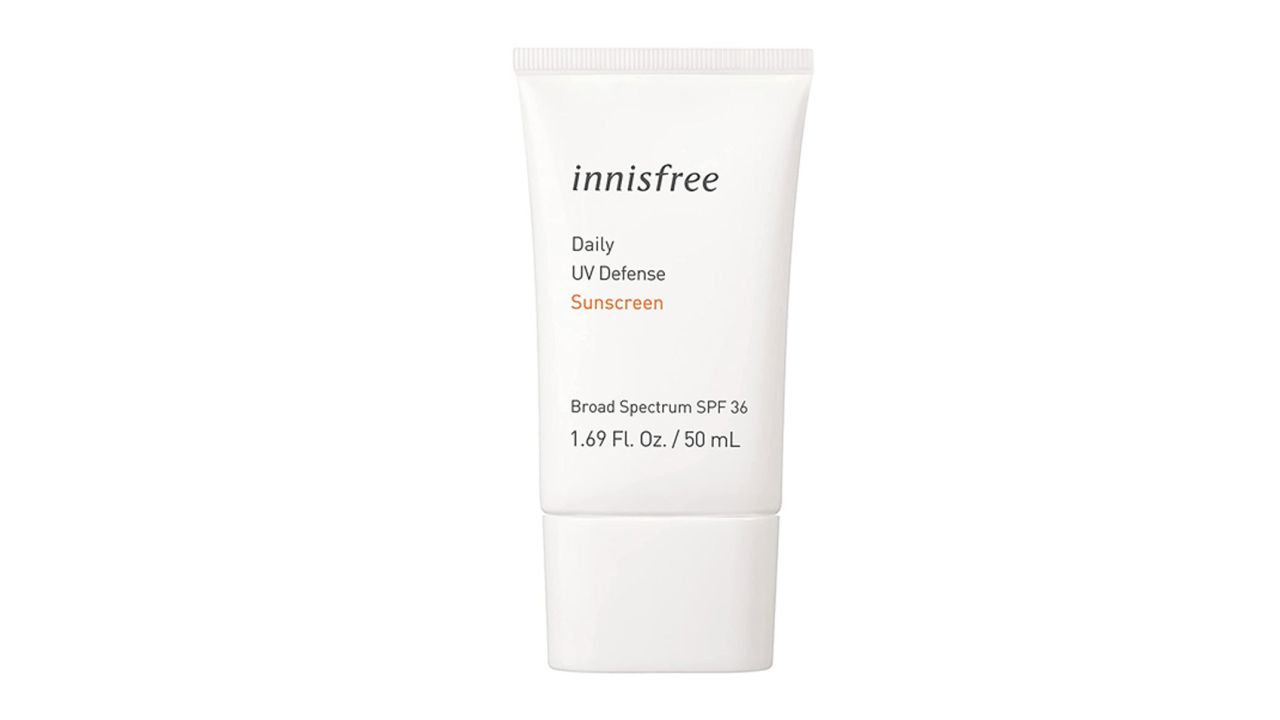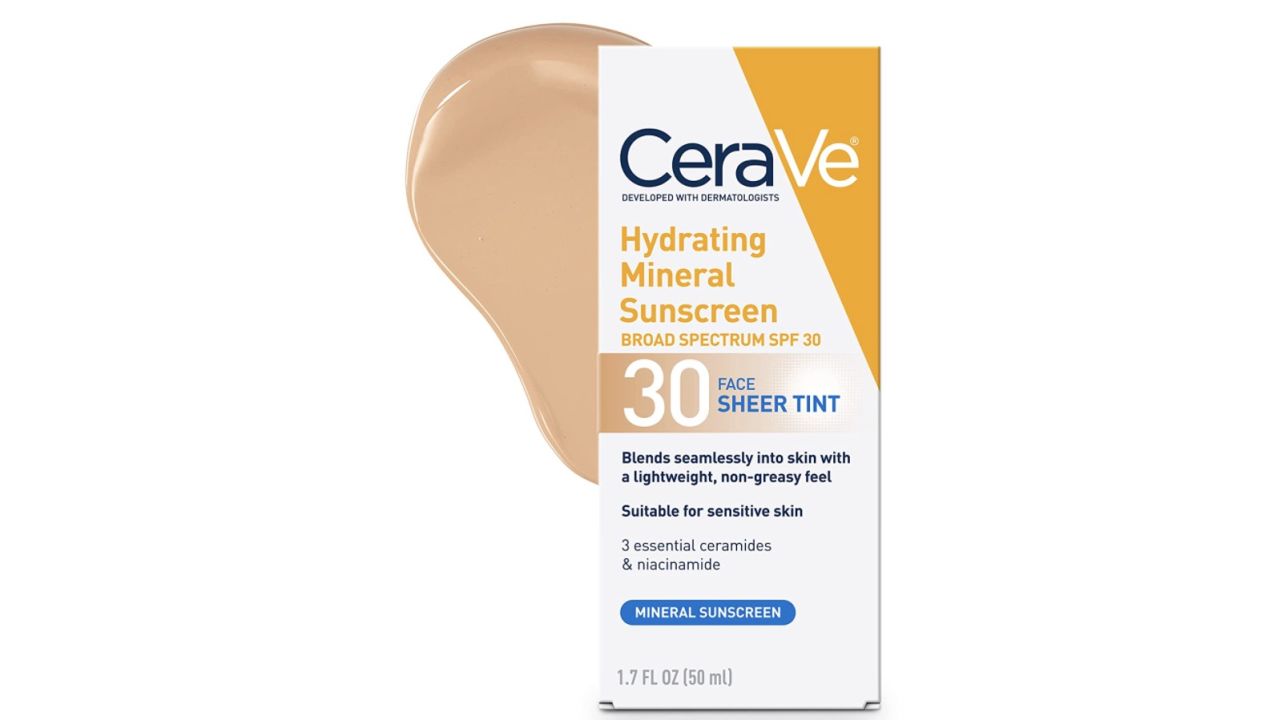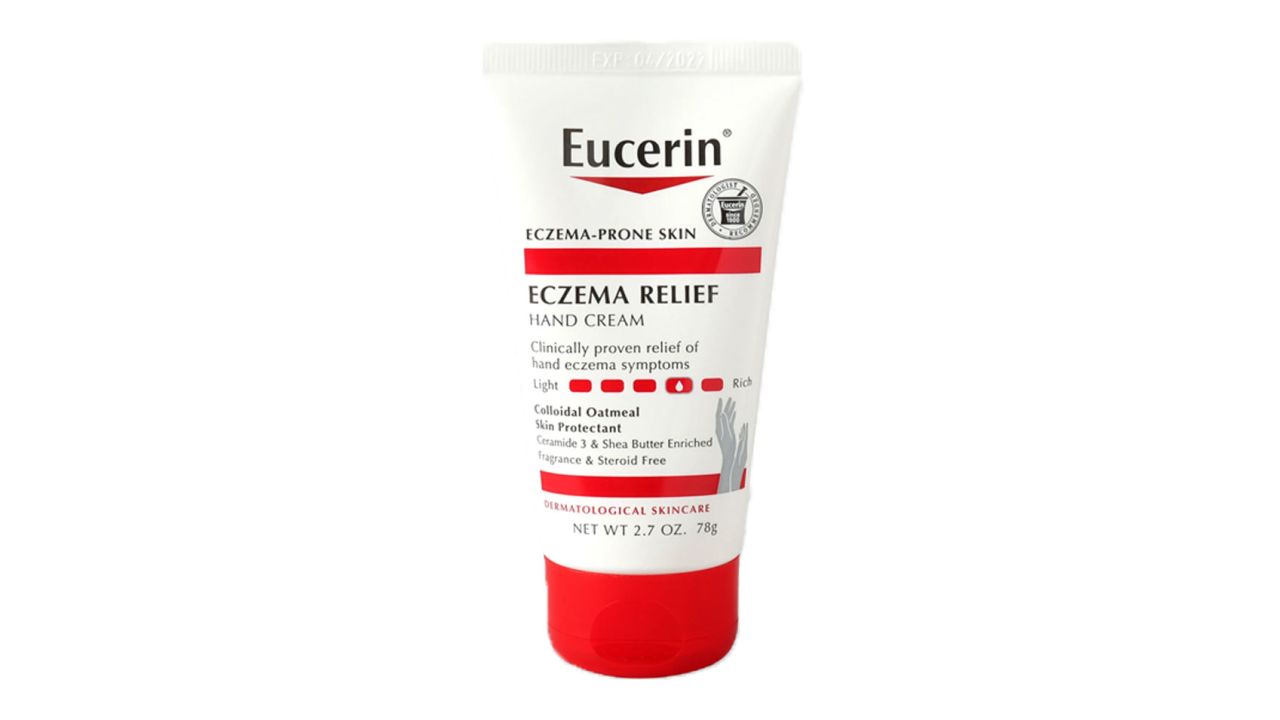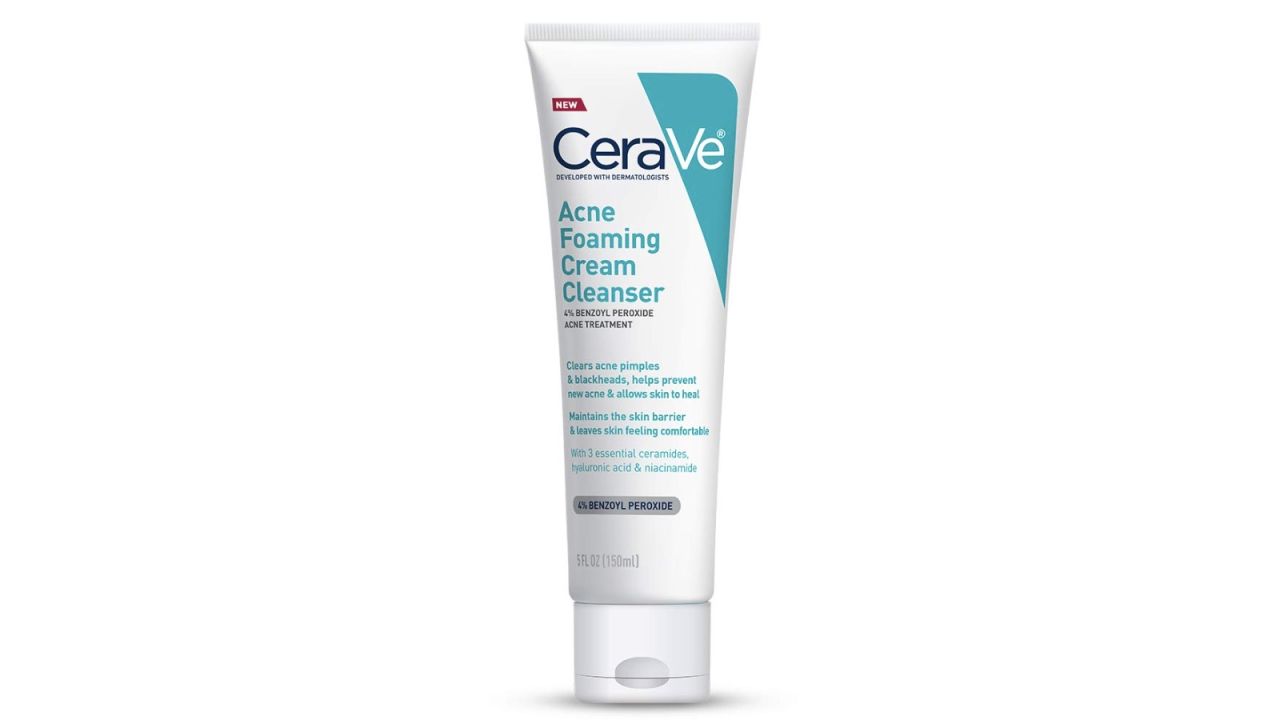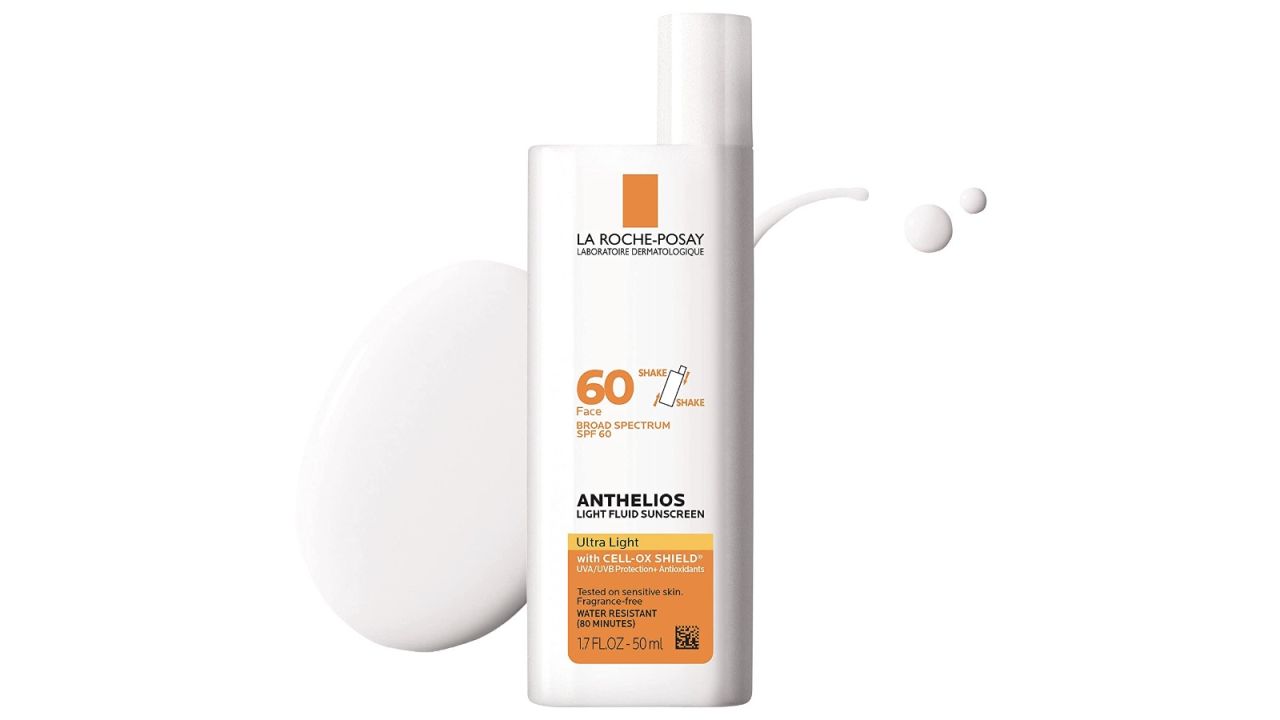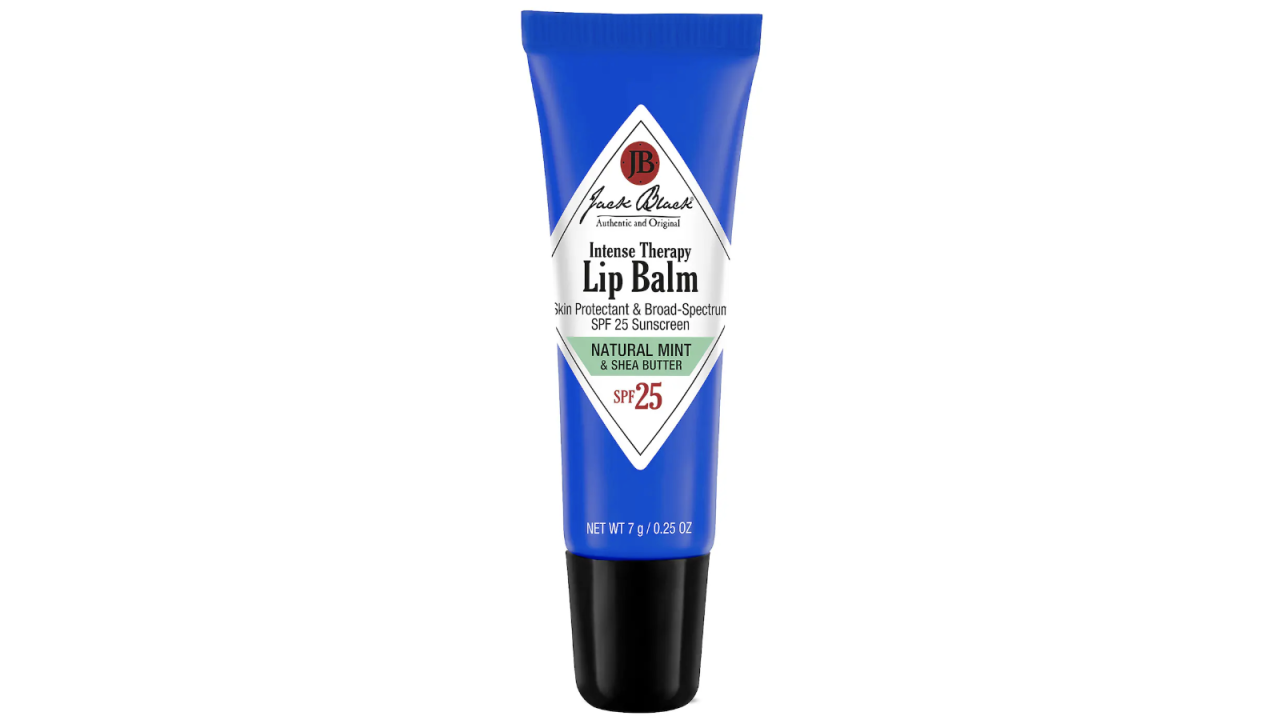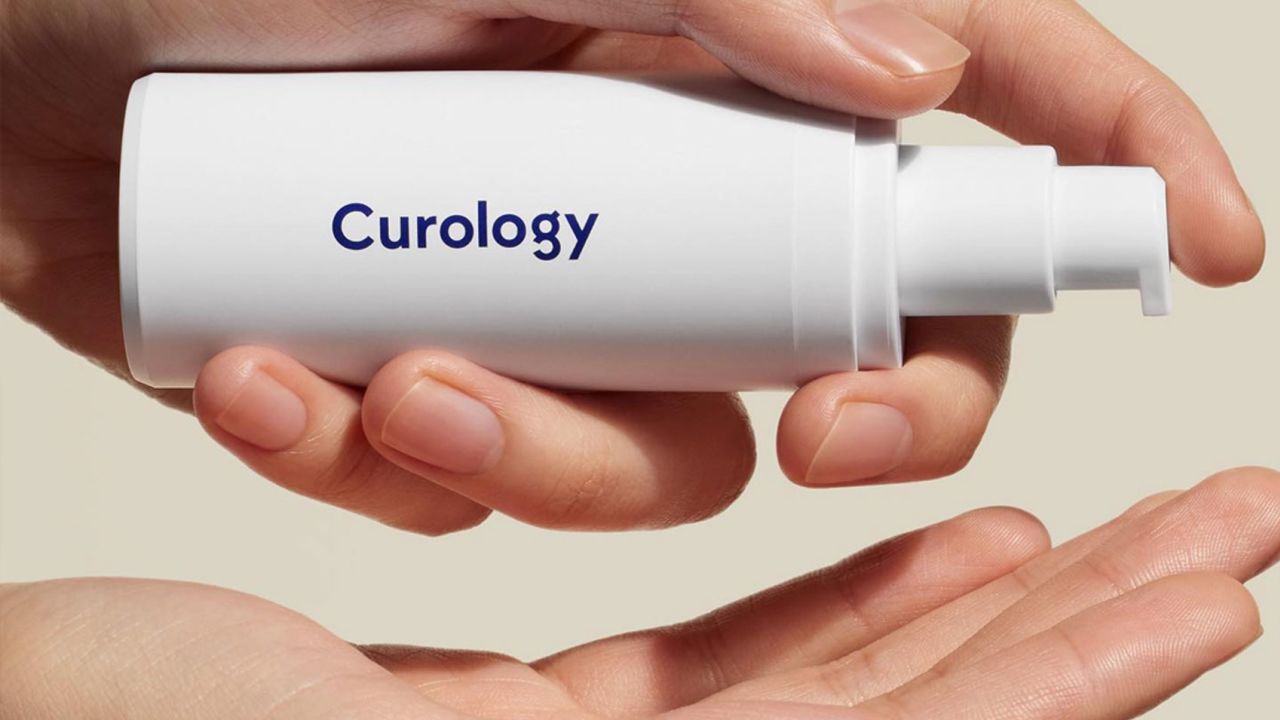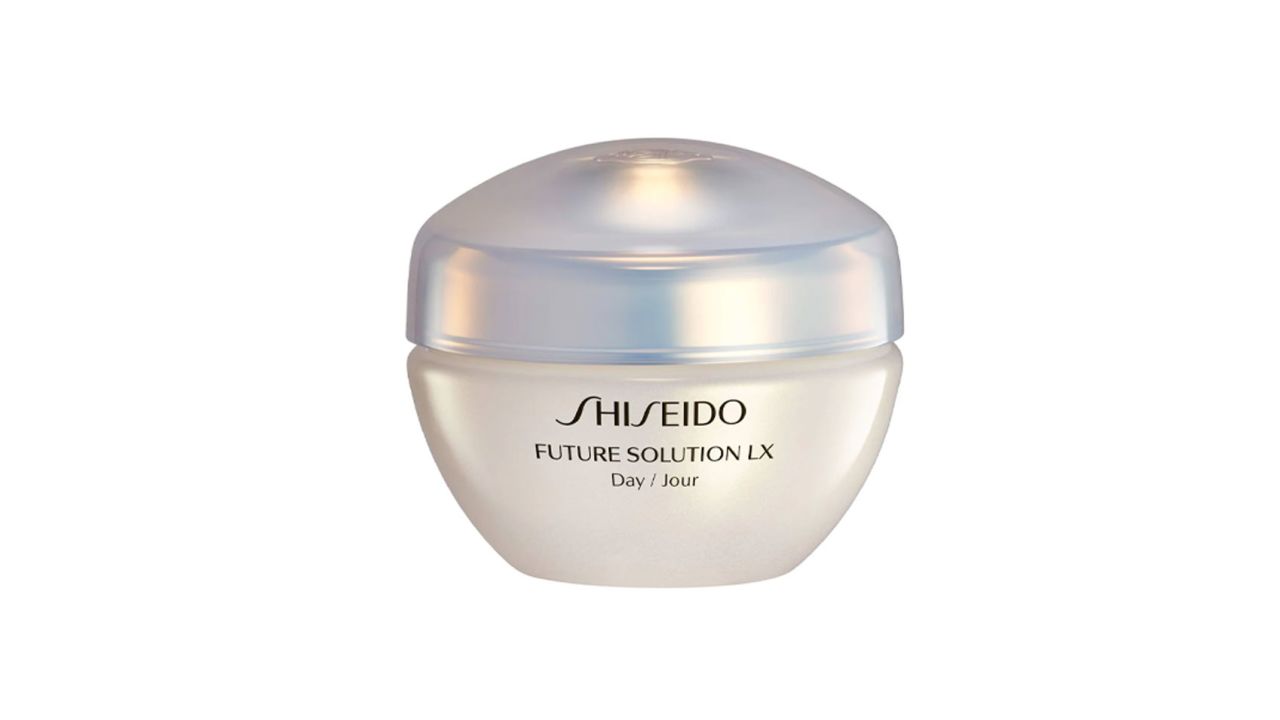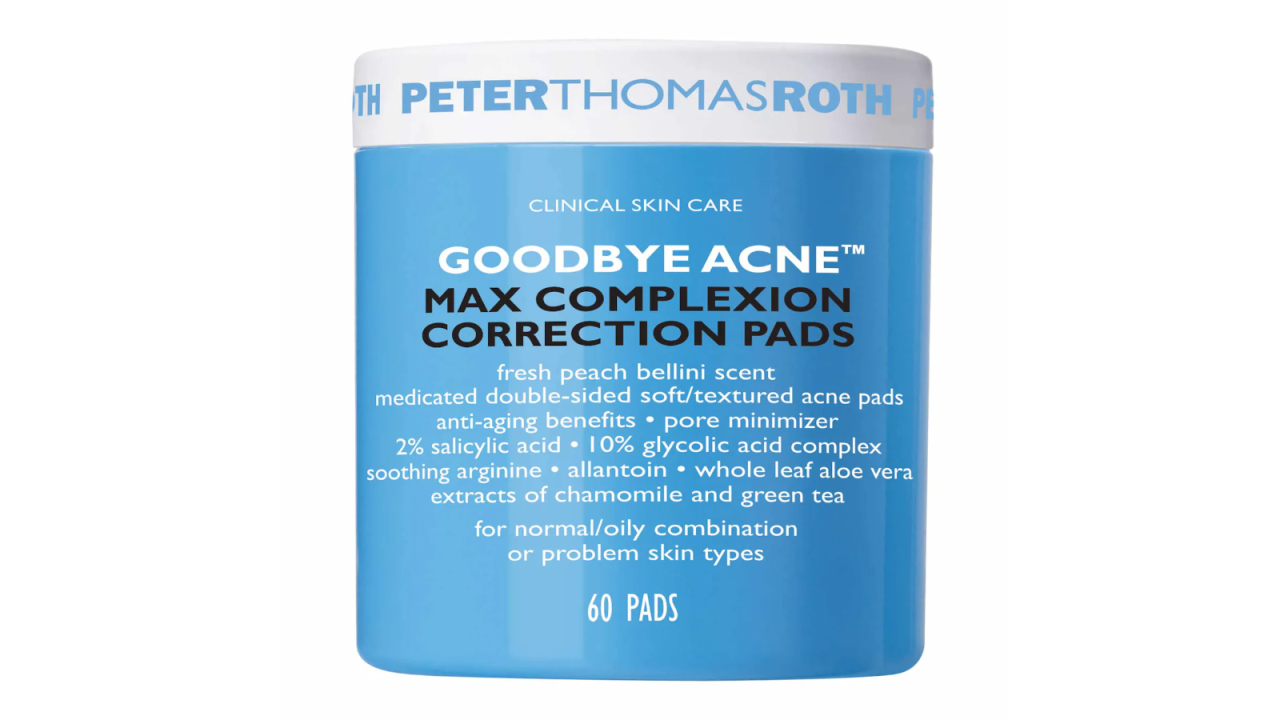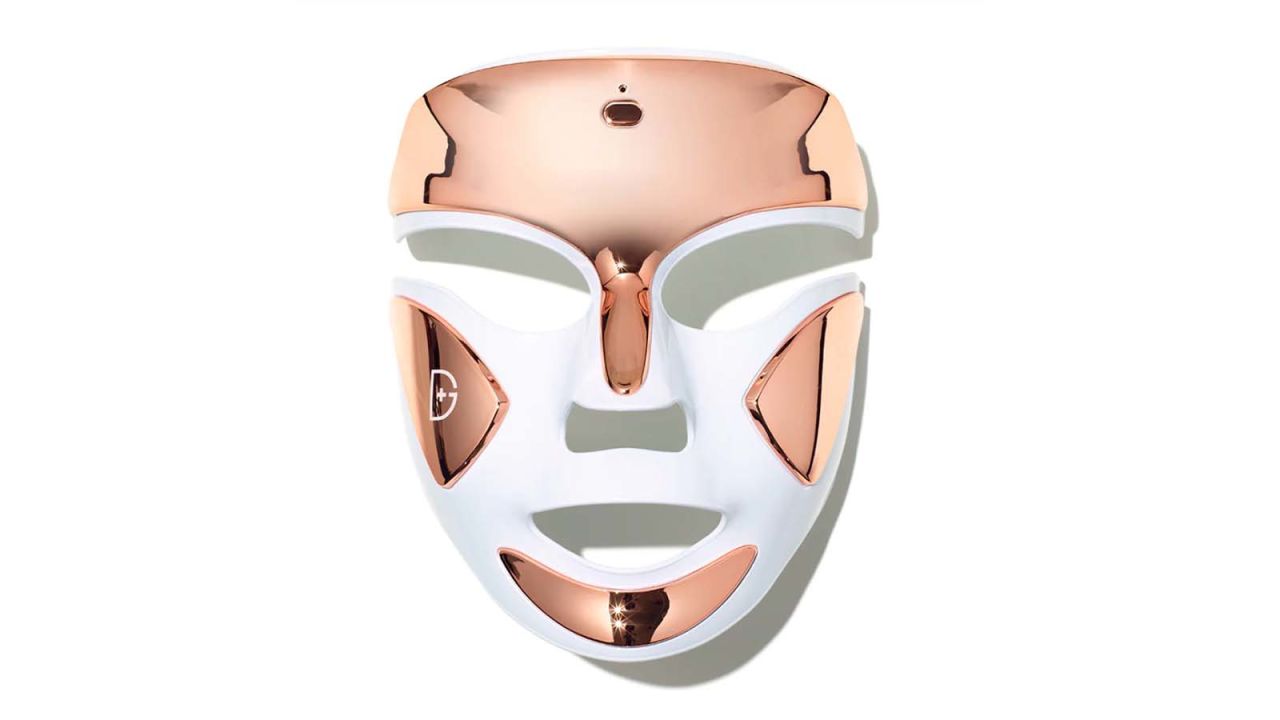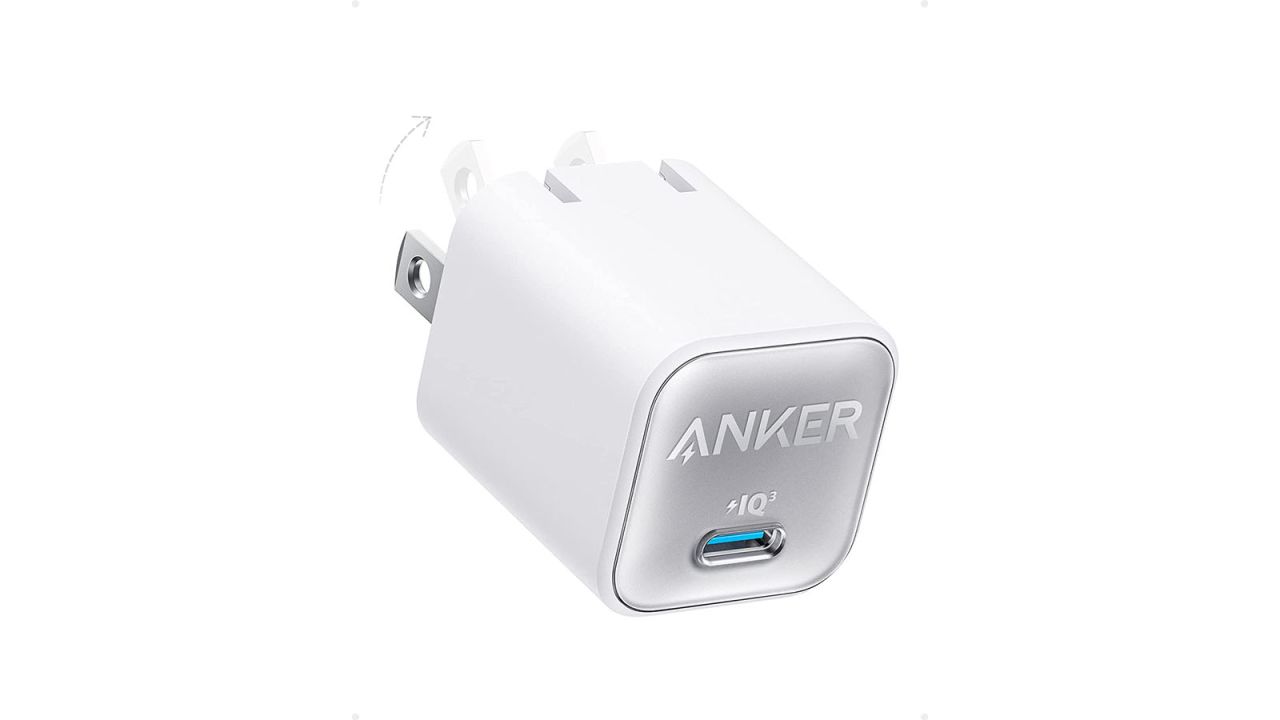Did you know you can save on your beauty routine by using money in your flexible spending account (FSA) on eligible skin care? If you have an FSA through your employer healthcare benefits, those pre-tax dollars can be used on a variety of medical expenses, including skin care that treats specific conditions.
“Over-the-counter topical skin care products related to certain skin conditions such as eczema, psoriasis, rosacea and acne are FSA-eligible,” Dr. Rayma Garlapati, board-certified dermatologist and co-founder of?Skin Medicinals, says. That means you can use FSA dollars on qualifying lotions, cleansers, spot treatments and other products, and most of the time, you don’t need to see a doctor or get a prescription before buying.
“While you don’t necessarily need to see a dermatologist or doctor to use FSA dollars on these products, it can help to see a dermatologist to determine what treatments and creams would be best for your skin type,” board-certified dermatologist Dr. Marisa Garshick says. “That said, some specific products may require a prescription in order to be eligible, to ensure it is being used for a medical condition.”
And even if you don’t have a medical skin condition like eczema or acne, most people with a FSA can take advantage of the fact that sunscreen is a qualifying product. “Sunscreens that are SPF 15 and above and have broad-spectrum coverage are also FSA-eligible as daily use of sunscreen can prevent skin cancer and signs of aging,” Garlapati says. Garshick also recommends using your FSA to stock up on SPF. “It is important to remember to wear sunscreen regularly, and for those who cost is a barrier to using it, this may be another option to ensure it is being used,” Garshick says.
If you’re unsure of whether a product qualifies, the FSA Store is stocked exclusively with eligible items (and not just skin care!). Target, Amazon and Sephora also have FSA-eligible products — identified by “FSA Eligible” labels on the respective sites — that you can shop using your FSA dollars, but some limitations may apply. For example, Target is unable to accept FSA cards as a form of payment for online orders, but you can use it in store. For online orders at Target or Sephora, you can use a debit or credit card and submit your receipt for reimbursement through your FSA plan. At Amazon, you can add your FSA card as a form of payment to your Amazon account and select it as your payment method at checkout.
To learn more about FSA dollars and how to use them, take a look at our complete guide to flexible spending accounts. The important thing to keep in mind is that you’ll want to spend your remaining 2023 FSA dollars before the annual Dec. 31 cutoff date. (However, many employers offer a FSA grace period that can extend as far as March 15.)
When you’re ready to shop, consider adding these skin care products to your cart.
Skin care finds we love
"This SPF 40 sunscreen offers broad-spectrum coverage and is easy to apply as it absorbs easily and is oil-free," Garshick says. The lightweight formula is one of our favorites for a completely invisible SPF that .
Gentle and nearly invisible, these pimple patches are made from hydrocolloid, which absorbs the fluid, oil and gunk from within zits. On clean skin, simply pop these on your pimples (they work best on whiteheads) and let them work their magic for at least six hours.
"This healing ointment, which can be applied to dry, rough or cracked skin, can help to protect the skin while also locking moisture in," Garshick says. It's a great option for slugging your skin care, in addition to medical uses such as healing minor cuts and scrapes, which the dermatologist also recommends it for.
This budget-friendly acne cleanser helped senior lifestyle editor Rachel Lubitz tackle a persistent breakout, and now she swears by it.
An excellent K-beauty sunscreen available in the US, this popular option is loved for its smooth, light and sensitive skin-friendly formula with SPF 36 protection.
Skin care essentials
This award-winning acne treatment contains adaptalene, an over-the-counter retinoid that targets breakouts and blemishes. For those new to using a retinol product, start incorporating it into your routine gradually — skin cycling is an expert-approved method to help avoid the dryness and side effects that can come with retinol.
"Providing a natural tint, this mineral sunscreen can be used daily and helps to nourish the skin while also providing broad-spectrum coverage," Garshick says.
Made for those with eczema, this hand cream contains colloidal oatmeal and ceramides to soothe and hydrate dry, irritated skin.
This Black-owned beauty brand created its hero sunscreen to highlight that even darker skin tones need sun protection. The clear formula is infused with natural ingredients like avocado oil and jojoba oil to nurture the skin too.
A face cleanser that helps treat acne, this derm-approved face wash combines benzoyl peroxide with glycolic acid to help control oil and breakouts. Meanwhile, hyaluronic acid, niacinamide and ceramides work to hydrate and calm the skin.
Another expert-approved sunscreen, this one wears well under makeup and was used on the set of "Emily in Paris" during long filming days under the summer sun in Provence, France.
This dermatologist-recommended body lotion treats the symptoms of eczema and moisturizes extremely dry skin.
Minimize the redness, bumps and irritation of rosacea with this medicated gel. The sulfur-based treatment also contains calming aloe and urea.
An expert-recommended first cleanse in a double-cleansing routine, this exfoliating cleanser is great for acne-prone skin as it contains salicylic acid to remove dead skin cells and keep skin clear.
This expert-recommended lip balm keeps lips soft and hydrated while also providing SPF 25 protection. Available in five flavors, it’s a winter essential, according to reviewers.
With Curology's Custom Rx for Acne, you can get quick-and-easy access to prescription-grade skin care that contains acne-fighting ingredients like?tretinoin, azelaic acid, clindamycin and more — sans the doctor's visit. After answering a questionnaire about your skin online, a Curology dermatologist will prescribe a personalized formula to suit your skin type, acne and needs.
Once you set up your account and pay the initial trial charge, you can add your FSA/HSA card to cover future payments. Get more info on how to use FSA/HSA funds at Curology here.
Another telehealth company that makes prescription skin care more accessible, Musely offers a number of FSA-eligible custom Rx formulas to treat conditions like dark spots, rosacea, aging and hair loss. The Aging Repair Cream is an estrogen-based prescription that combines estriol (an ingredient that increases collagen production, boosts hydration and improves skin elasticity), vitamin C, hyaluronic acid and more.
Biggest savings
A $270 face cream you can cover with FSA dollars? Sign us up! This luxurious product is made to defend the skin against pollution and UV rays with SPF 20.
These daily exfoliating pads help keep breakouts at bay with 2% salicylic acid and a 10% glycolic acid complex that helps keep pores clear, lessen the look of active blemishes and smooth the skin's texture.
This futuristic-looking LED light therapy mask is a pricey but worth-it skin care device that editors swear by. It features both blue and red light to target acne as well as treat wrinkles and boost collagen production.
This exfoliating face oil is a favorite among reviewers for its ability to quickly yet gently clear breakouts. It's loaded with salicylic acid to clear congestion, tea tree oil for clarity and licorice root to improve any dark spots or discoloration.
This handheld LED light therapy treatment curbs acne with combined blue and red light to target the acne-causing bacteria. Reviewers say that with consistent use they see clearer and smoother skin — and it only takes three minutes per session.

